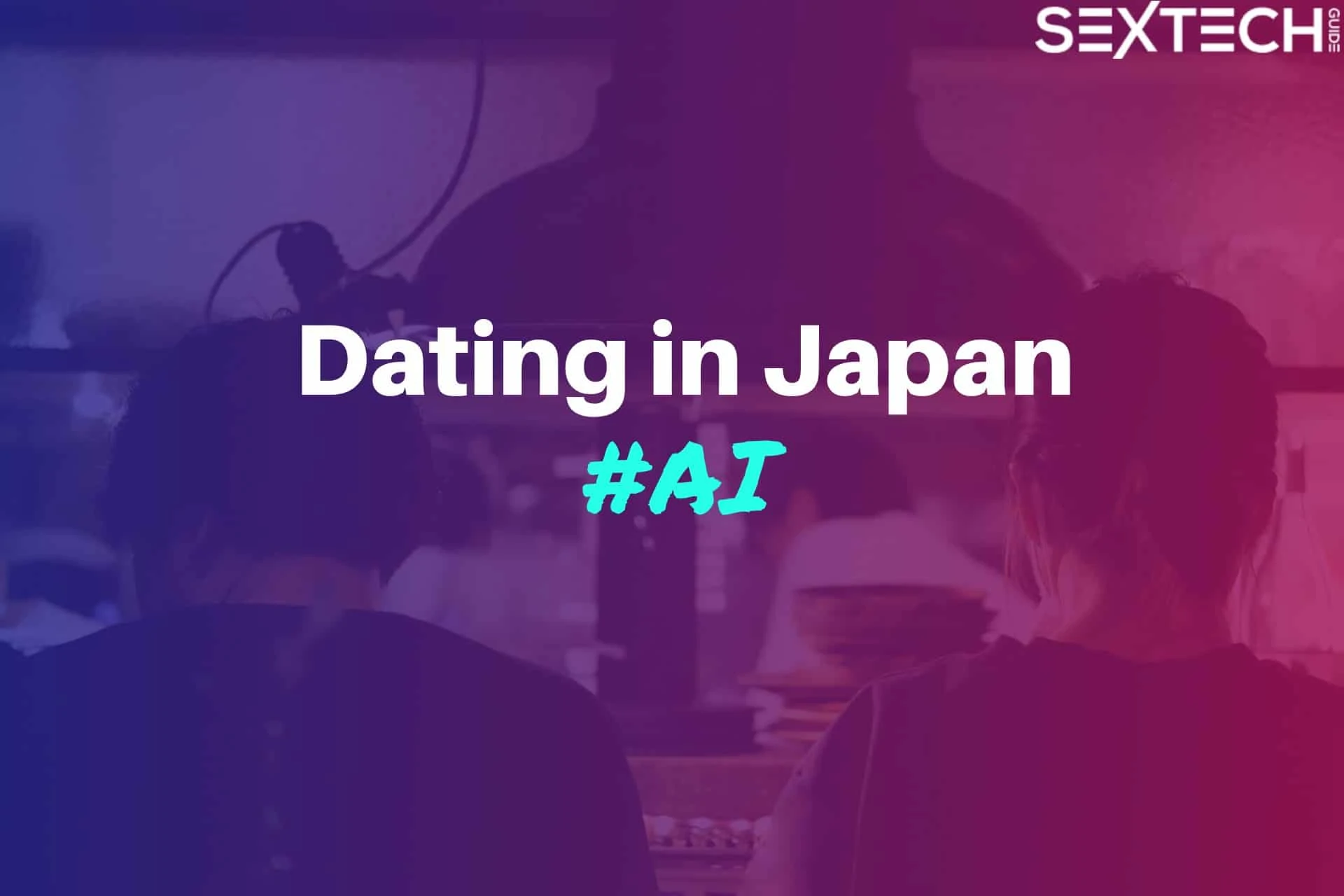
As one of the fastest declining populations, with its number expected to halve by 2100, Japan’s government is resorting to tech as a last ditch attempt at matching people for marriage and procreation through the use of artificial intelligence.
Having previously attempted to combat this issue with childcare services, parental leave schemes, and monetary assistance in the form of child allowances, this time, the focus is on AI dating services.
In pursuit of its aims of increasing population growth, the Japanese government is in the process of signing off on the equivalent of $19 million in funding to expand AI capabilities in relation with dating services. The aim is to launch in Spring next year.
Despite around half of Japan’s districts already have government-endorsed matchmaking services, 60 percent of the proposed budget is said it would be spent on building more elaborate AI systems.
What the tech?
While most dating apps already use some sort of algorithm to match people based on similar interests, AI is not yet regularly used for matchmaking. AI has been used to spot dating scams, Tinder currently uses artificial intelligence to verify its users and get rid of fake profiles, and in 2017 Badoo temporarily launched its facial recognition AI feature to find ‘Lookalikes‘ of exes or celebrity crushes.
What the Japanese government is proposing, however, is to develop smarter algorithms that would create better matches. This technology would learn from behaviours, and tailor matches based on how you interact with the app and other users.
Circumvent Big Tech's Censorship! Never miss another post!
Subscribe to our notifications!
Article continues below
There are some existing services in some of the country’s prefectures that have started matching people based on age and income. However, plans for this new matchmaking service will include a more diverse array of compatibility features, including hobbies and values in a bid to match people.
State of emergency
As people in Japan are less inclined to marry and have kids, there’s an increasingly recreational attitude to love and sex. Its notorious Love Industry includes love hotels, pay-by-the-hour adult VR booths, and anime dating – where men are literally dating cartoons. As this becomes the norm, it feeds into the cycle of a declining, and ageing population.
Not to mention, finding love in the age of Covid isn’t the easiest for the most of the world, even with the assistance of online dating apps. While the number of births hit a record low of 865,000 last year, this number is expected to decrease further in the upcoming year, making this a state of emergency for Japan’s diminishing population.
Will it work?
While matchmaking is just one way to encourage people to start a family, studies suggest some reasons for falling birth rates could be due to a shift in cultural norms. In the last few decades Japan has been experiencing a rise of unemployment in men, and more women in higher education.
Of course, more education is a positive thing in terms of alleviating gender-based oppression, but this imbalance and neglect of men’s employment is incongruent with the traditional gender roles that are still in play – with mothers expected to do most of the housework and parenting work, and fathers expected to ‘bring home the bacon’, as it were.
UN stats showed Japanese women of reproductive ages spend roughly “27 hours per week on household tasks, while husbands [spend] only 3 hours per week.” It is, presumably, just another factor putting many well-educated women off of their expected and traditional duties.
To address these changing gender dynamics, perhaps more adaptive and educational policies, along with improving employment, are needed to shift the cultural mindset for encouraging people to have families. But for now, artificially intelligent dating technologies seem to be at the forefront of the government’s mind as a quick fix in desperate times.
Read Next: Women with anxiety and depression are more likely to use dating apps than men







